Circular Economy in Taiwan: What the Public Thinks About Going Plastic-Free
Published in Earth & Environment, Sustainability, and Education
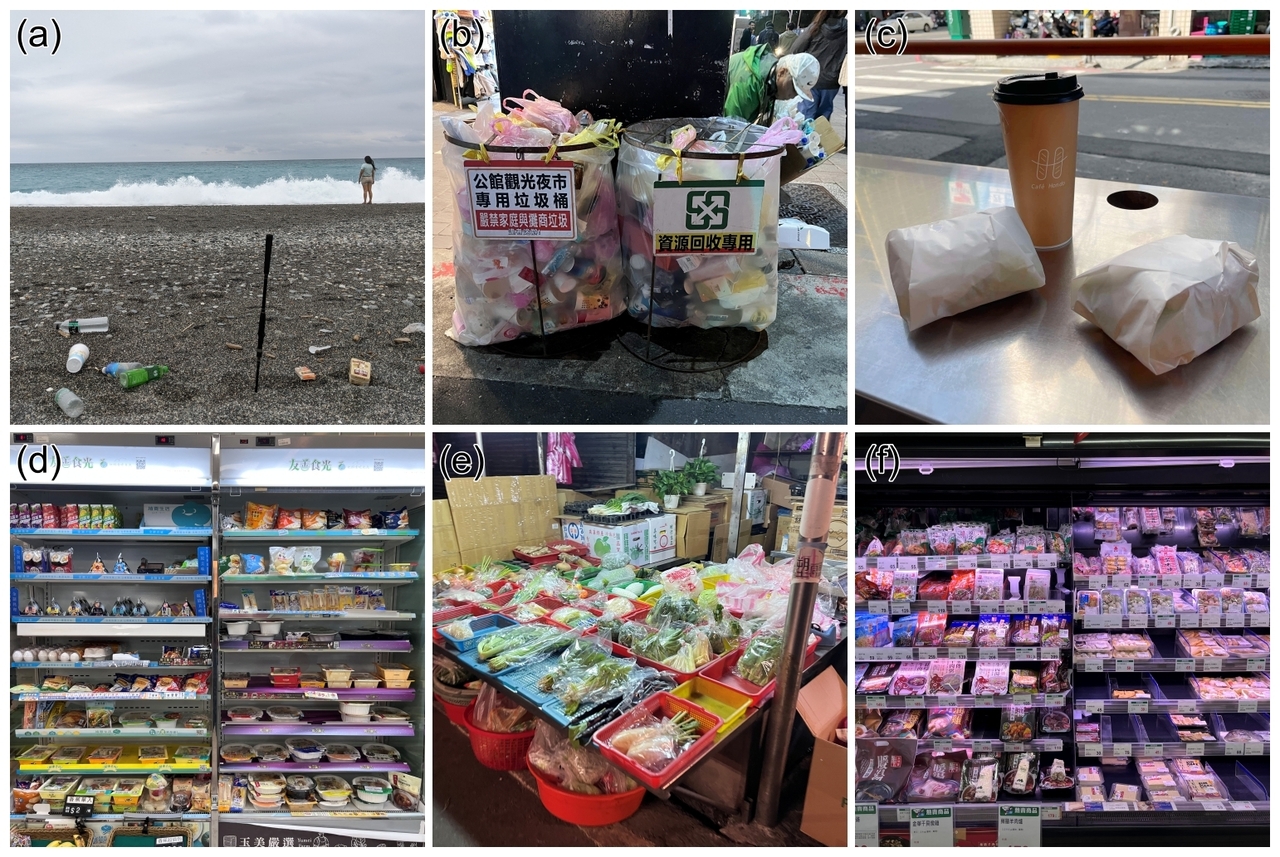
Ever since Matthew was a teenager, he has been passionate about minimizing waste. This, of course, included plastic waste. He has always been a diligent recycler and, for most of his life, believed this was an adequate solution to the overuse of plastic in our daily lives. Gradually (and shockingly), he learned this was most certainly not the case. Living in Taiwan as a foreigner made him further aware of the plastic pollution problem. The recycling system in Taiwan is efficient and, for the most part, people in Taiwan recycle effectively. However, the consumption of single-use materials is still high. As an example, an estimated 2.2 billion single-use cups were used in Taiwan in 2021, an average of 92 cups per person per year. Further, a Taiwanese individual uses about 700 plastic bags per year on average. So, while recycling is certainly one part of the overall solution to waste, it cannot be the only solution. Taiwan needs to reduce consumption, particularly plastic consumption.
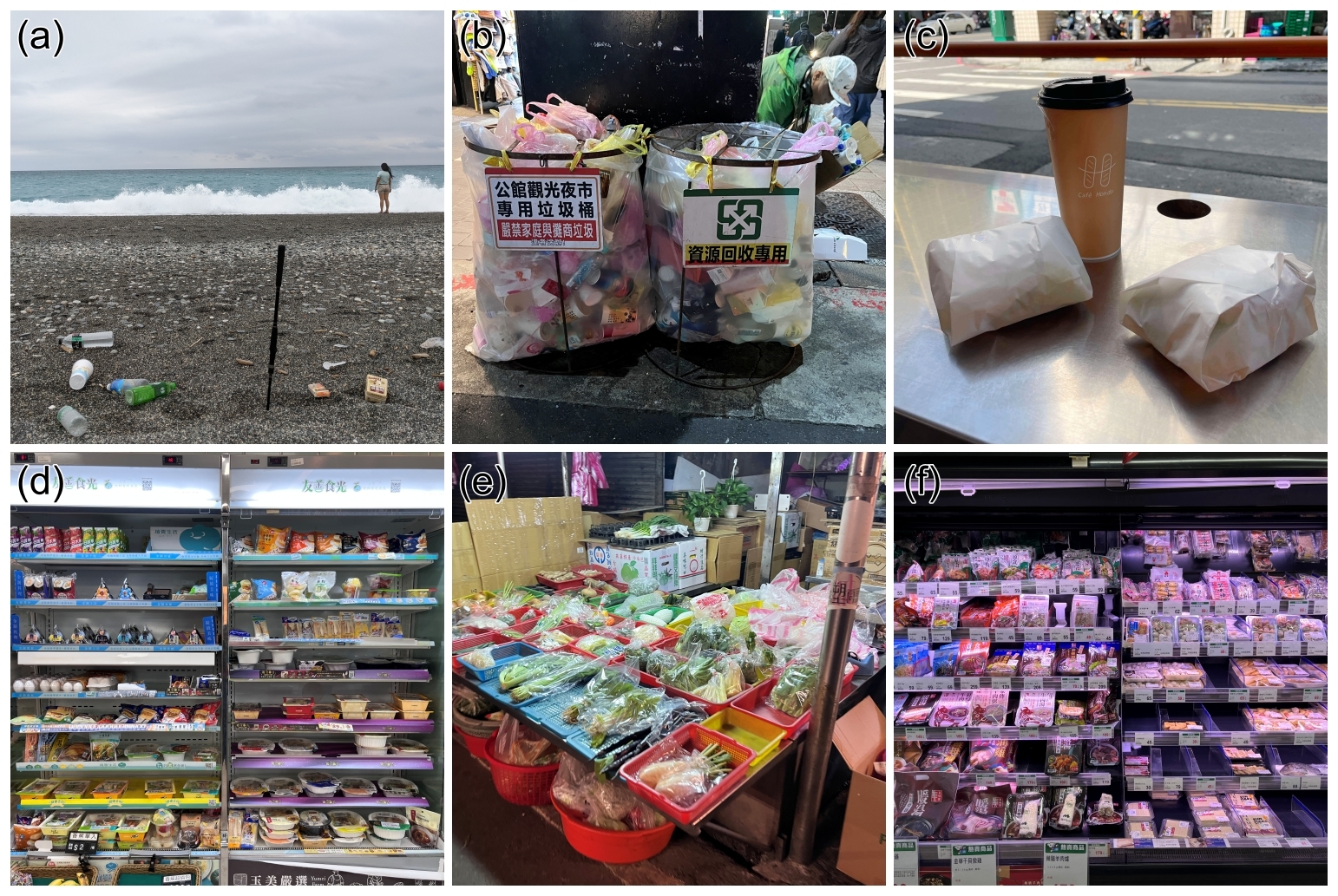
1 a. SUPs on the beach on the East Coast of Taiwan; b. SUPs in the recycling bin at a night market in Taipei; c. forced use of single-use cups and food wrapping while dining in; d. a standard meal section at Taiwanese convenience stores; e. a typical scene at traditional markets in Taiwan; f. the protein section at Taiwan’s biggest supermarket chain
The solution that made the most sense to him was the concept of a circular economy. A true circular economy would require major shifts not only in our infrastructure and systems, but also in our philosophies and ways of living. As an island country, Taiwan's plastic waste directly affects the Pacific Ocean. Hence, Taiwan needs to treat this issue seriously. As Matthew was already living in Taiwan, he believed it would be a great place to explore the potential of circular economy to end plastic waste for two reasons. Firstly, plastic waste is an ingrained part of the culture here thanks to the proliferation of night markets, traditional wet markets, take-out, and tea beverage shops. Secondly, the Taiwan government has put forth policies that, at the very least, show they recognize the need for change when it comes to single-use plastics (SUPs). Therefore, he wanted to explore the willingness of consumers to engage with circular business models that could replace SUPs. Our goal was to create research that could be a tool for governments, companies and non-governmental organizations.
Research Approach
The first major step was to identify circular economy indicators and their implementation status in Taiwan. To understand this better, we engaged with four local businesses, two non-governmental organizations, and an environmental governmental body in Taiwan via online interviews. By interviewing these key stakeholders that play a major role in Taiwan's circular economy, we were able to identify 13 circular economy indicators. Based on this and with the help of a literature review, we designed our questionnaire. Following this, we started face-to-face interviews in early 2022 with the residents of Kaohsiung, Southern Taiwan. However, the COVID-19 pandemic forced us to move to a web-based survey.
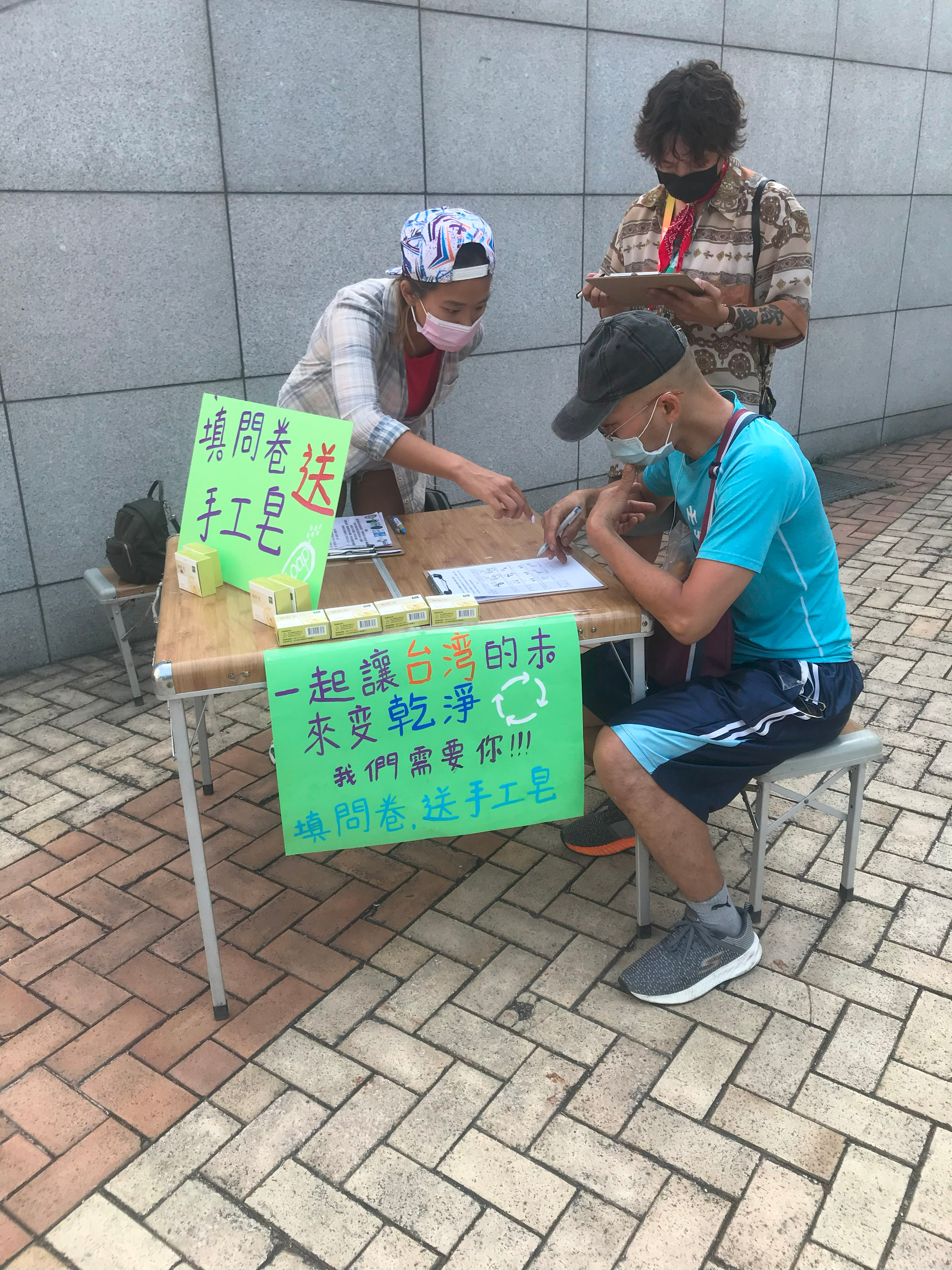
Key Findings
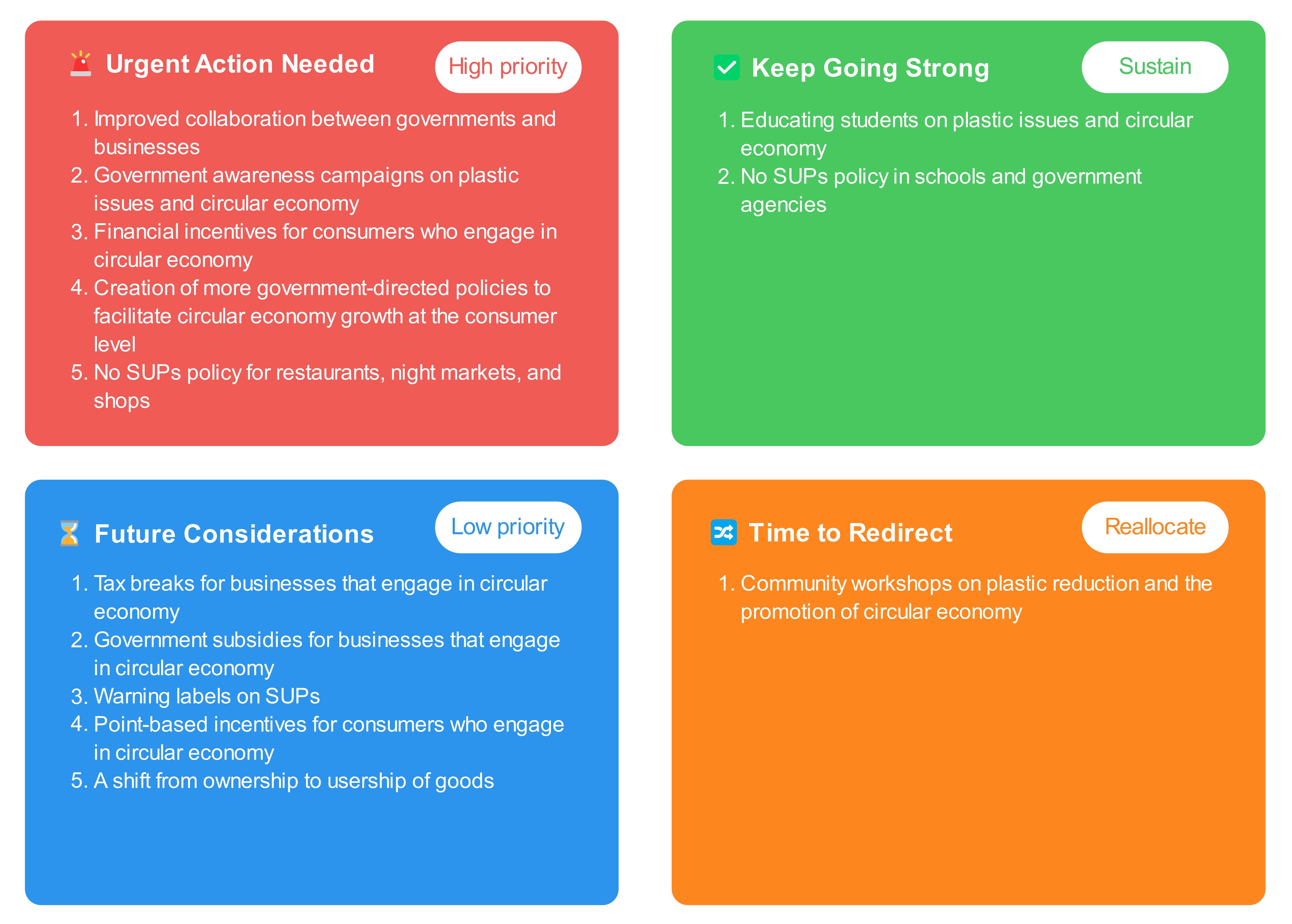
Consumer priorities for circular economy initiatives in Taiwan: Survey results showing which areas need immediate action, what's working well, future considerations, and where to redirect resources
Keep going strong
Our results showed that people generally felt student education on plastic issues is going pretty well, and that the no SUPs policy in schools and government agencies seems to be working effectively and should be maintained.
Urgent action needed
However, there are still several areas where respondents felt more effort is needed if Taiwan wants to truly move toward a circular economy for plastics:
- Bans on SUPs at restaurants, night markets, and shops aren't having much impact. While some regulations do exist, enforcement has been pretty weak, partly because of disruptions from the COVID-19 pandemic.
- Financial incentives for consumers to reduce plastic waste are still quite limited. For example, drink shops and convenience stores offer small discounts if you bring your own cup, but that's the extent of financial incentives for the most part.
- Many respondents wanted to see better collaboration between the government and businesses when it comes to tackling plastic problems.
- People felt that more should be done to raise public awareness, such as through social media and official campaigns, to help the public better understand and support circular economy practices.
- Respondents hoped for stronger, more visible government policies to back these efforts, such as stricter enforcement of plastic bag and straw bans.
Future considerations
Less critical but still relevant initiatives include point-based incentives for consumers, warning labels on SUPs, promoting product sharing over ownership, and government subsidies and tax breaks for circular economy businesses.
Time to redirect
Community workshops on plastic reduction were seen as having limited impact, suggesting resources might be better allocated to the high-priority areas above.
Our Takeaways
As more and more studies confirm the widespread consequences of plastic pollution, solutions are desperately needed to curb the harmful, habitual use of SUPs. We believe that a circular economy can serve as one such solution that could radically transform the ways in which SUPs are viewed. In summary, our survey respondents recognize the problems caused by SUPs and show a willingness to support business models that aim to solve them.
Based on our living experiences and research results, we provide practical recommendations to help facilitate Taiwan's transition from a linear to circular economy. As with many environmental challenges, meaningful progress toward a circular economy will require strong collaboration among consumers, businesses, and governments to drive the systemic changes needed for lasting impact. Ending plastic waste in Taiwan will not be an easy feat, but with individuals, businesses, and governments working together to implement solutions such as a circular economy, we believe this significant transformation is possible.
Learn more
Link to the full paper: https://link.springer.com/article/10.1007/s43615-025-00542-2
For those without subscription access, you can find a readable version here: https://rdcu.be/eik4v
Follow the Topic
-
Circular Economy and Sustainability

This journal represents a forum for experts such as management scientists, engineers, natural scientists, decision makers, entrepreneurs, economists, social and political scientists, and industry experts to discuss in a systematic way the concepts of Circular Economy and Sustainability.
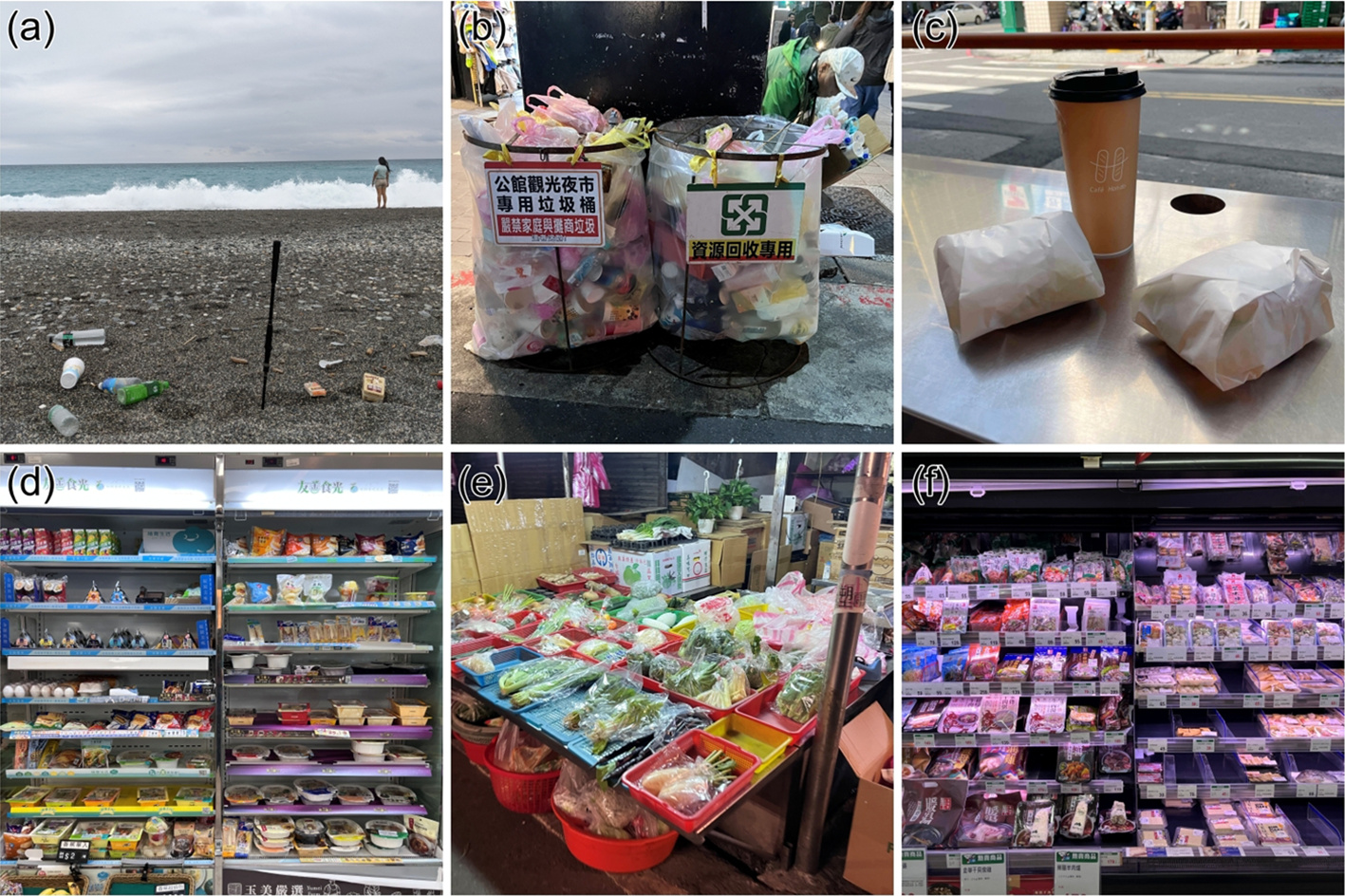
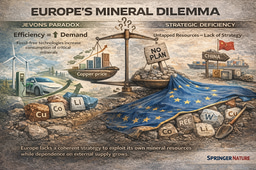

Please sign in or register for FREE
If you are a registered user on Research Communities by Springer Nature, please sign in